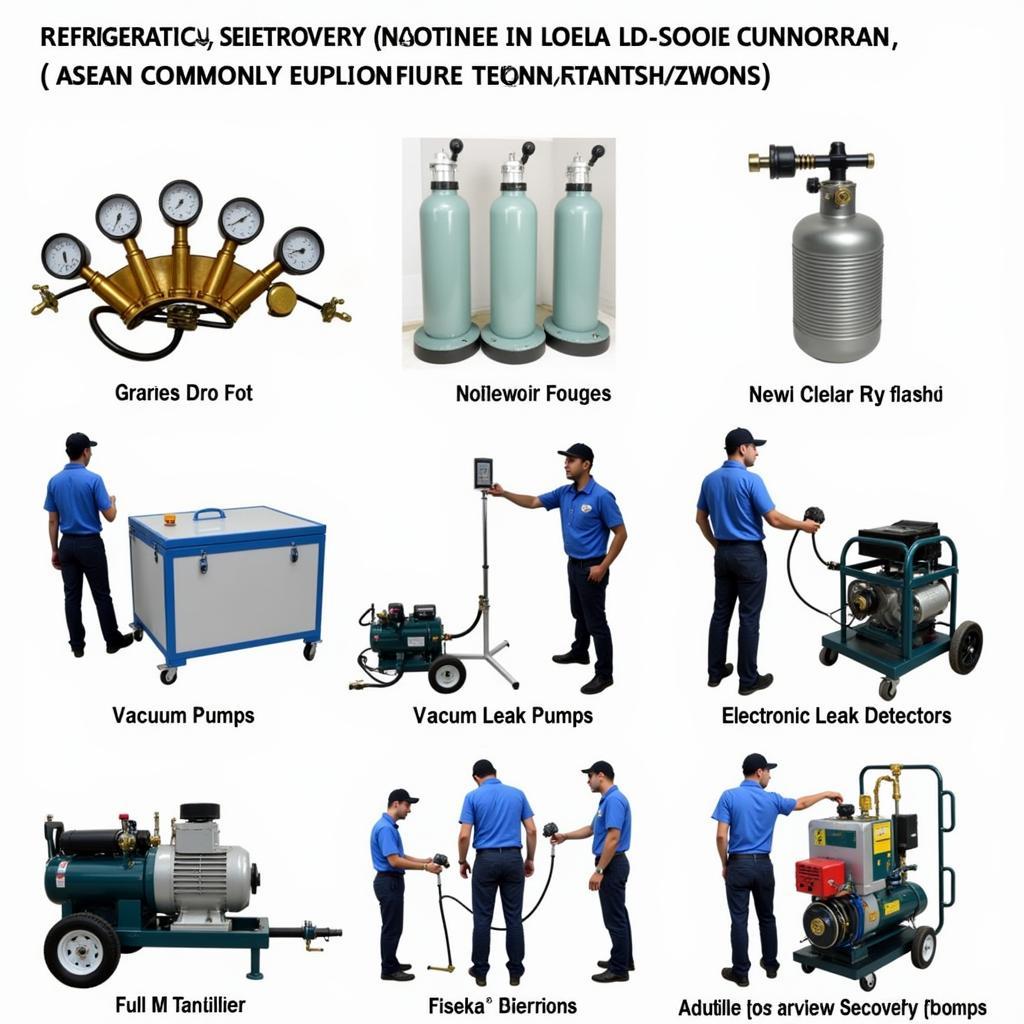The ASEAN Economic Community (AEC) is a blueprint for economic integration in Southeast Asia. One of the key initiatives of the AEC is the ASEAN Single Window (ASW), which aims to expedite cargo clearance and promote trade facilitation. Within this framework, businesses operating in specific sectors may encounter the term “Ase Registration Number.” This unique identifier plays a crucial role in streamlining cross-border trade processes within the region.
Decoding the Significance of an ASE Registration Number
An ASE registration number is an alphanumeric code assigned to economic operators, such as importers and exporters, who have been approved to participate in the ASW. This number serves as a digital passport, signifying compliance with ASEAN’s customs and trade regulations. By obtaining an ASE registration number, businesses can benefit from simplified customs procedures, reduced paperwork, and faster cargo clearance times.
Benefits of Possessing an ASE Registration Number
Having an ASE registration number offers numerous advantages for businesses engaged in cross-border trade within ASEAN:
- Streamlined Customs Procedures: The ASW allows for the electronic exchange of trade documents, eliminating the need for manual submission and reducing processing time.
- Enhanced Transparency: The use of a standardized registration number promotes transparency and accountability in customs procedures, reducing the risk of delays or disputes.
- Reduced Costs: By simplifying customs processes, businesses can save on administrative costs associated with paperwork, handling fees, and storage charges.
- Increased Competitiveness: Faster cargo clearance times translate to shorter lead times and improved inventory management, enhancing overall business efficiency and competitiveness.
The Process of Obtaining an ASE Registration Number
The procedure for obtaining an ASE registration number varies slightly depending on the specific ASEAN member state. However, the general steps involved include:
- Eligibility Check: Businesses need to ensure they meet the eligibility criteria set by their respective national customs authorities.
- Application Submission: Eligible businesses must submit an application, typically online, through the designated trade portal or customs website.
- Document Verification: Supporting documents, such as business registration certificates, import/export licenses, and tax identification numbers, must be provided and verified.
- Assessment and Approval: The customs authorities will assess the application and supporting documents. Upon successful verification, the ASE registration number is issued.
Understanding the Role of the ASEAN Single Window (ASW)
The ASW is a key pillar of the AEC Blueprint, aiming to establish a seamless and paperless trading environment within ASEAN. It serves as a platform for businesses to submit trade documents electronically to a single entry point, which is then transmitted to the relevant customs authorities in the importing and exporting countries. The ASW plays a crucial role in facilitating trade and reducing transaction costs for businesses operating within ASEAN.
Key Features of the ASEAN Single Window
- Single Submission: Businesses can submit trade documents only once, eliminating redundant data entry and reducing the potential for errors.
- Electronic Exchange: Trade documents are exchanged electronically between businesses and customs authorities, reducing processing time and minimizing paperwork.
- Harmonized Data Standards: The ASW adopts standardized data requirements and formats, ensuring consistency and interoperability across ASEAN member states.
Importance of ASE Registration Number in Cross-Border Trade
The ASE registration number is an integral part of the ASW framework, enabling businesses to take full advantage of the benefits offered by the system. It serves as a unique identifier that allows customs authorities to verify the identity and compliance status of businesses participating in cross-border trade.
Conclusion
As ASEAN continues to integrate economically, the ASE registration number will play an increasingly important role in facilitating cross-border trade. By obtaining this unique identifier, businesses can streamline their customs procedures, reduce costs, and enhance their competitiveness in the global market. For businesses looking to expand their operations within Southeast Asia, understanding the ASE registration number and its significance is essential.
Frequently Asked Questions (FAQs)
1. What types of businesses require an ASE registration number?
Generally, any business involved in importing or exporting goods within ASEAN may require an ASE registration number to participate in the ASW.
2. How long does it take to obtain an ASE registration number?
The processing time for an ASE registration number application varies depending on the specific ASEAN member state. It typically ranges from a few days to a few weeks.
3. Is there a fee associated with obtaining an ASE registration number?
Some ASEAN member states may charge a fee for processing ASE registration number applications. Businesses should check with their respective national customs authorities for details.
4. Can a business operate without an ASE registration number?
While it is possible to engage in cross-border trade without an ASE registration number, businesses may not be able to benefit from the simplified customs procedures and reduced transaction costs offered by the ASW.
5. What happens if a business loses its ASE registration number?
Businesses that have lost their ASE registration number should immediately contact their respective national customs authorities to report the loss and request a replacement.
Need further assistance?
Contact our team today! Call us at 0369020373, send an email to [email protected], or visit our office located at Ngoc Lien Village, Hiep Hoa, Bac Giang, Vietnam. We’re available 24/7 to assist you with your Asean Media and business needs.

